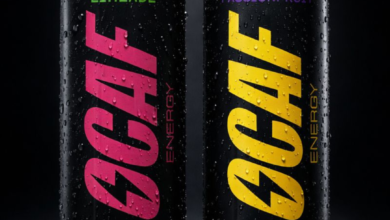Drug found to be effective at treating early-onset type 2 diabetes

A new class of drug has been found to be as effective at treating early-onset type 2 diabetes as it is already known to be for diabetes diagnosed later in life, according to UK researchers.
They found the drug tirzepatide (Mounjaro) produced similar improvements in early-onset type 2 diabetes, the more aggressive form of the condition that normally responds less well to treatment.
“Early-onset type 2 diabetes is not only more aggressive, it usually responds less well to drugs”
Melanie Davies
It belongs to a new class of drugs that mimic the effect of two hormones involved in blood glucose control and appetite suppression, glucagon-like peptide-1 (GLP-1) and glucose-dependent insulinotropic polypeptide (GIP).
The latest findings on the drug were presented this week at the annual meeting of the European Association for the Study of Diabetes in Hamburg, Germany.
The drug, a once-weekly injection, was approved as type 2 diabetes treatment in the US in May 2021 and in September this year was given approval as a treatment for some diabetes patients in England.
The National Institute for Health and Care Excellence recommended the drug, manufactured by Eli Lilly, for around 180,000 people with difficult to manage type 2 diabetes.
Type 2 diabetes, the most common form of diabetes, usually occurs in middle-aged and older people. However, onset at a younger age is becoming more common globally.
Young-onset or early-onset type 2 diabetes, which is diagnosed before the age of 40, is more aggressive and the insulin-producing beta cells in the pancreas deteriorate more quickly.
Evidence of tirzepatide efficacy in this patient group comes from findings from a series of five trials, collectively called the SURPASS programme.
This series of trials was designed to assess tirzepatide’s potential as a treatment for those with young-onset type 2 diabetes were in worse overall health than those with later-onset diabetes.
Researchers analysed data to assess the effect of tirzepatide on glycaemic control, body weight and cardiometabolic markers in early-onset type 2 diabetes.
Three different doses of tirzepatide were tested in the trials – 5mg, 10mg and 15mg.
The analysis compared changes in mean HbA1c, body weight and cardiometabolic markers including waist circumference, lipids and blood pressure in 873 participants with young-onset and 3,394 with later-onset diabetes, following 40 or 52 weeks of treatment with tirzepatide.
Tirzepatide led to similar improvements in HbA1c and body weight in young and later-onset type 2 diabetes at week 40 or 52 for all three doses.
It also improved waist circumference, lipids – triglycerides and HDL – and systolic blood pressure similarly in both groups.
Lead study author Professor Melanie Davies said: “Early-onset type 2 diabetes is not only more aggressive, it usually responds less well to drugs, which means our findings are really encouraging.
“Further research is now needed to evaluate whether starting treatment with tirzepatide and similar drugs early improves long-term outcomes in this important group,” she said.






